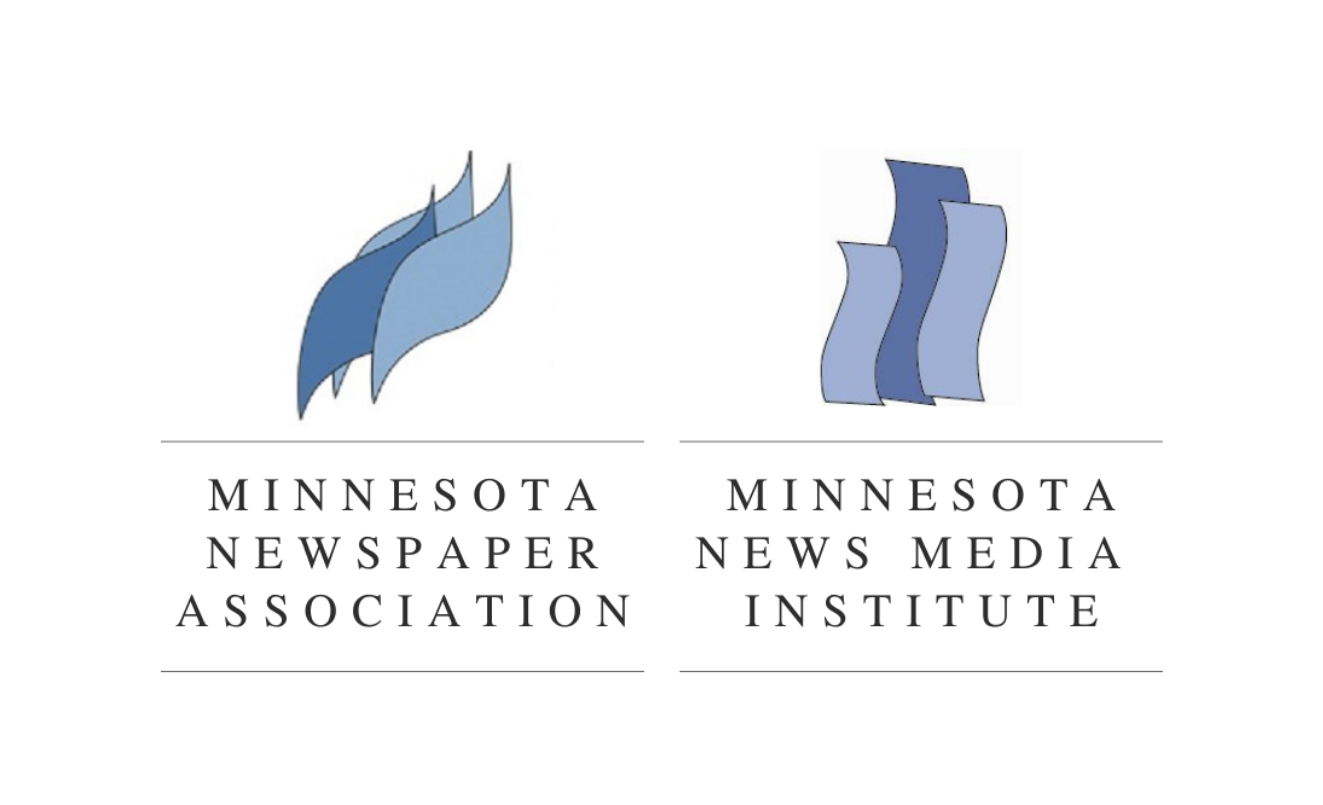By Jim Pumarlo
Election season is under way, and this year promises to be especially busy with redistricting producing many new faces seeking office. Candidates are hitting the campaign trail outlining their priorities. With every press release and speech is certain to be a pledge to be transparent with constituents.
The timing is perfect to send the message that “open government is good government” – the theme of Sunshine Week, March 13-19. At its foundation, Sunshine Week underscores the importance of the free flow of information for an open, effective and accountable government.
Editors and reporters routinely are in the trenches seeking everyday information that appointed and elected officials want to keep confidential – or, at minimum, want to release on their terms. We’ve become all too accustomed to the stonewalling of information on state and national levels. The practice unfortunately is increasingly common in local government, too.
Witness these two examples from the past year of officials trying to set their own rules.
The St. Louis County School Board continued to meet in person despite cautionary measures taken by many bodies during the pandemic. At the same time, it restricted the public to remote monitoring. The Ely Timberjay cried foul and sought an advisory opinion from a state agency, which ruled the board in violation of the Open Meeting Law.
A citizen questioned several actions of the West Lakeland Township Board with respect to the Open Meeting Law. The issues included the board’s failure to keep a separate journal of its votes and its failure to give three days’ notice of a change in meeting location. The state agency ruled the actions out of bounds.
The advisory opinions were handed down through the Data Practices Office of the Minnesota Department of Administration. News organizations are usually the first to object when access to proceedings and information is denied or made more difficult. Citizens need to understand that state laws governing access to open meetings and government records preserve the rights of all Minnesotans. Citizens have equal opportunity to challenge actions.
Most troubling are the regular attempts to block access to government information or to conduct public business behind closed doors. I witnessed it all too often when I sat behind the editor’s desk.
Landfill siting may be controversial, but constituents will be more accepting of the process if a county board identifies potential locations from the start. The departure of a controversial department head may not be official until formally accepted, but a city council will do itself a favor by announcing the resignation as soon as it is submitted. The closing of an elementary school may not be on a school board’s agenda for a few weeks, but the administration will win higher marks if it informs residents of its intentions when first put on the table.
The above examples, plus many more, underscore why the press remains vigorous in pursuing access to and publication of a variety of records. It’s the proverbial “if you give an inch, they’ll take a mile.” If the news media agree to one concession, all too often an individual or agency will try to stretch the rules. Soon laws are enacted with additional restrictions on what once was routinely public information – information that’s important to readers.
Tracking down public information takes perseverance and hard work, but our communities are the beneficiaries. The efforts of editors and reporters likely irk more than a few elected and appointed officials. The press nevertheless stands firm that readers are best served by a full menu of public information rather than a selective serving.
Jim Pumarlo is a member of the Minnesota Newspaper Association. He is a former editor of the Red Wing Republican Eagle and former board member of the Minnesota News Media Institute. He can be reached at jim@pumarlo.com.
